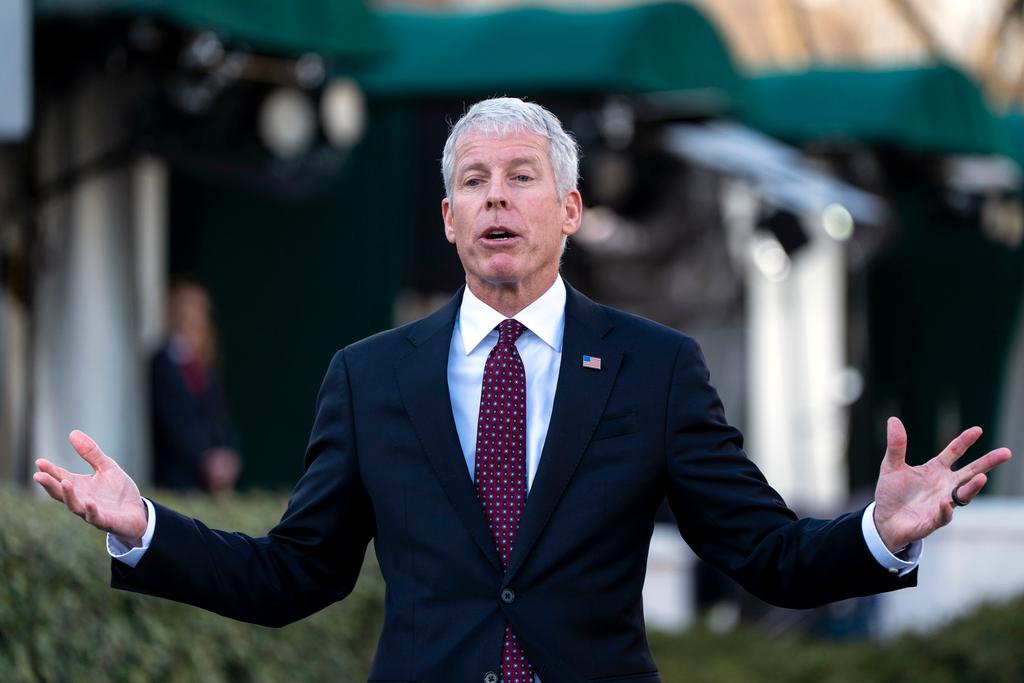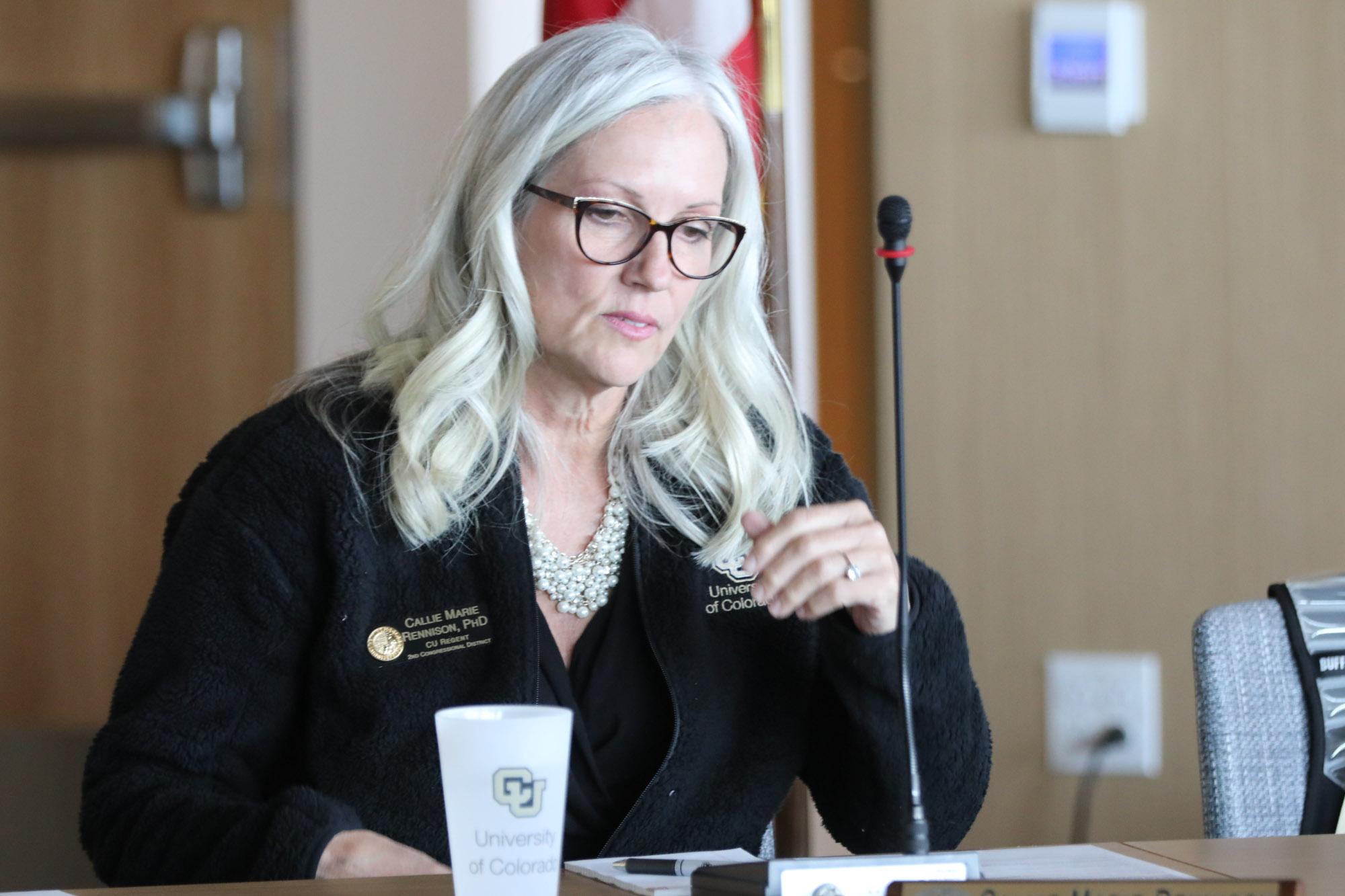
On Wednesday, the CEA filed suit, claiming that part of the law is unconstitutional because it violates teachers' due process rights.
In the spring of 2010, the legislative debate over Senate Bill 191 generated a lot of headlines; teachers came to the state Capitol to demonstrate against the bill. Fast forward four years though, and the Colorado Education Association has turned into one of the SB-191’s champions. The group is now heavily involved in training teachers and principals in how to evaluate and implement the law.
At a press conference announcing the suit, CEA president Kerrie Dallman stressed repeatedly that the lawsuit isn’t trying to overturn the entire law, just one provision her group believes is being misused.
“This is really a surgical lawsuit,” Dallman said.
'Surgical' because the suit aims to change one provision of the law involving something called "mutual consent." Before SB-191, if a teacher lost his or her job because their school's enrollment dropped or a program changed, the district was required to assigned them to another school. Under the new law, teachers can only move to a new school if the principal there agrees to the transfer. If the teacher can’t find a school to take them in after a year, they have to go on unpaid leave, indefinitely.
CEA accuses Denver Public Schools of misusing the mutual consent provision to save money by eliminating veteran teachers. The union’s Amy Baca Oehlert compared getting rid of a school's most experienced teachers to a football team that relies on a veteran quarterback to get them to the Super Bowl, and then drops his contract.
“When the season ends the quarterback is let go and replaced with an unknown quantity,” Baca Oehlert continued. “Should we expect the same results? No. And the same holds true for our classrooms.”
According to DPS, over the past four years, 1,200 teachers have lost their position because of district changes. That’s about 7% of the district's educators. Most have found positions at other schools, but some have not. There's disagreement over how many teachers are in this situation. DPS says 57 professionals are affected. The union puts the number around 100.
The union's lawsuit alleges those teachers weren’t allowed a hearing when they were told to leave their schools, violating their due process rights under Colorado law.
“This bad practice deprives our students of good teachers and robs less experienced teachers of professional support and mentorship,” Dallman said.
So far, union officials say Denver is the only district they believe is exploiting the law to get rid of experienced teachers. But they want action now to make sure others don’t follow suit.
Jennifer Walmer worked on SB-191 as chief of staff for then-House Speaker Terrence Carroll. She believes the policy is fair because displaced teachers go to the top of the interview list for new jobs.
“They’re going to have a priority interview. That’s something that CEA fought for and I personally helped ensure was included in 191,” said Walmer. “They need to be a good fit for the schools that they’re going to.”
Walmer, who now heads Democrats for Education Reform, believes the lawsuit is undoing a major aspect of the law.
“Mutual consent is a pivotal part and an extremely important provision of legislation and I think the CEA positioning that somehow 'tweaking' or 'fixing' mutual consent doesn’t undermine the intent of the legislation is false,” she said.
Denver’s school superintendent Tom Boasberg wasn’t available to comment for this story. But board president Happy Haynes argues that the district's hiring policy ensures the right teacher is matched to the right school. She takes issue with the union’s claim that the district is shedding veteran teachers to save money. According to Haynes, schools hire teachers based on the average district wage.
“They don’t interview individuals based on how high or low their salary is. They interview people based on their skills and qualifications and their particular interest,” she said.
But the CEA’s lawsuit outlines several cases of veteran teachers, some with excellent recommendations, applying for up to 175 positions in the district with no success. Union officials say some of those positions were then filled by people with little experience in the profession. Democratic state Senator Nancy Todd, who supported Senate Bill 191, is co-sponsoring legislation this year to address the union’s complaints.
“This was the very last thing that Senate Bill 191 intended to happen,” said Todd. “I am very concerned that a hatchet has been used in place of a pen and pencil to evaluate.”
Under Todd’s legislation, school districts wouldn’t be able to place teachers who had more than three years experience prior to the new law on unpaid leave. They would have to find the teacher another position of equal value. But even if the legislation passes, CEA's suit will still go forward. The union is asking for reinstatement and back pay for the Denver teachers who've already lost their jobs.









